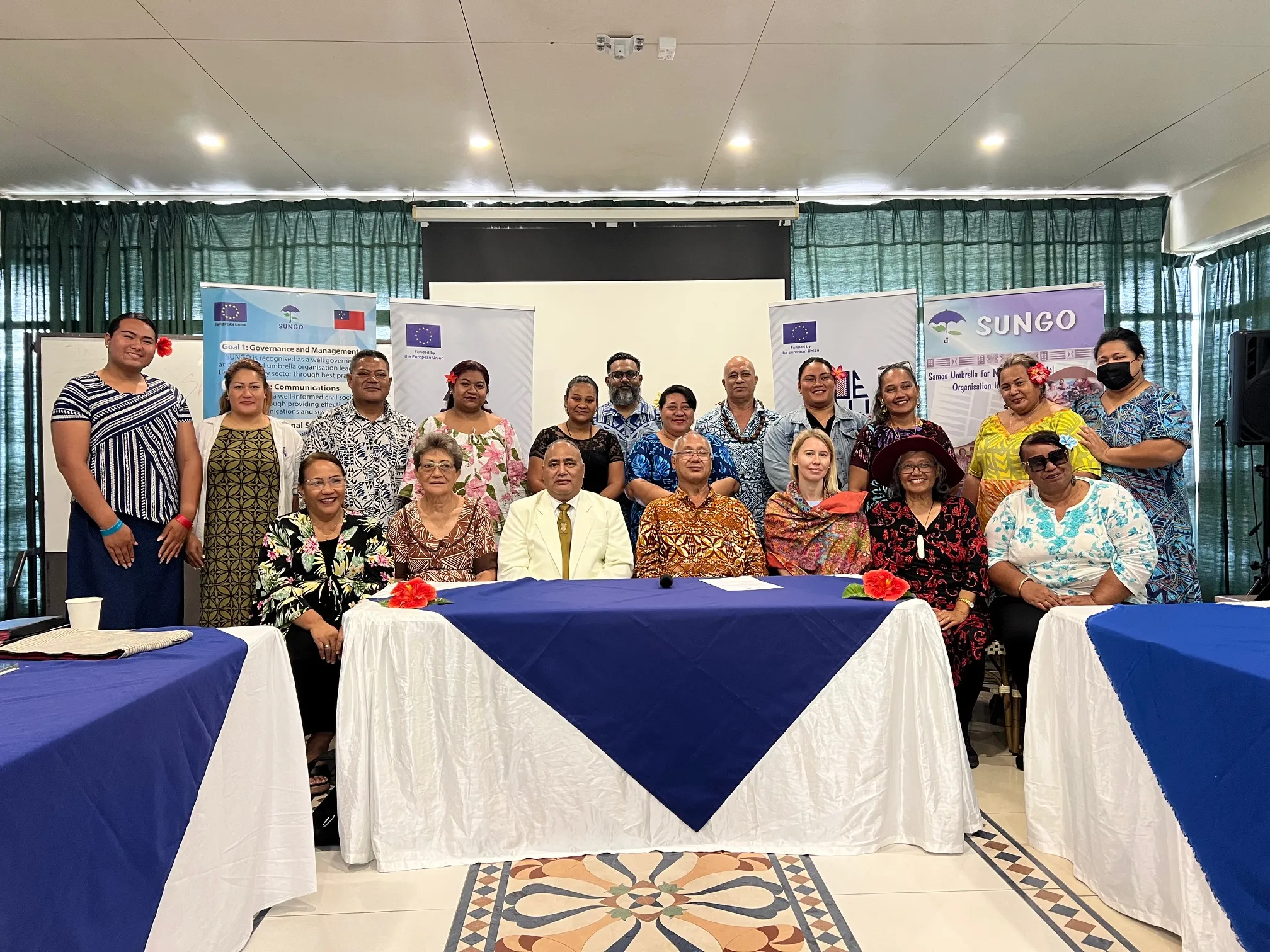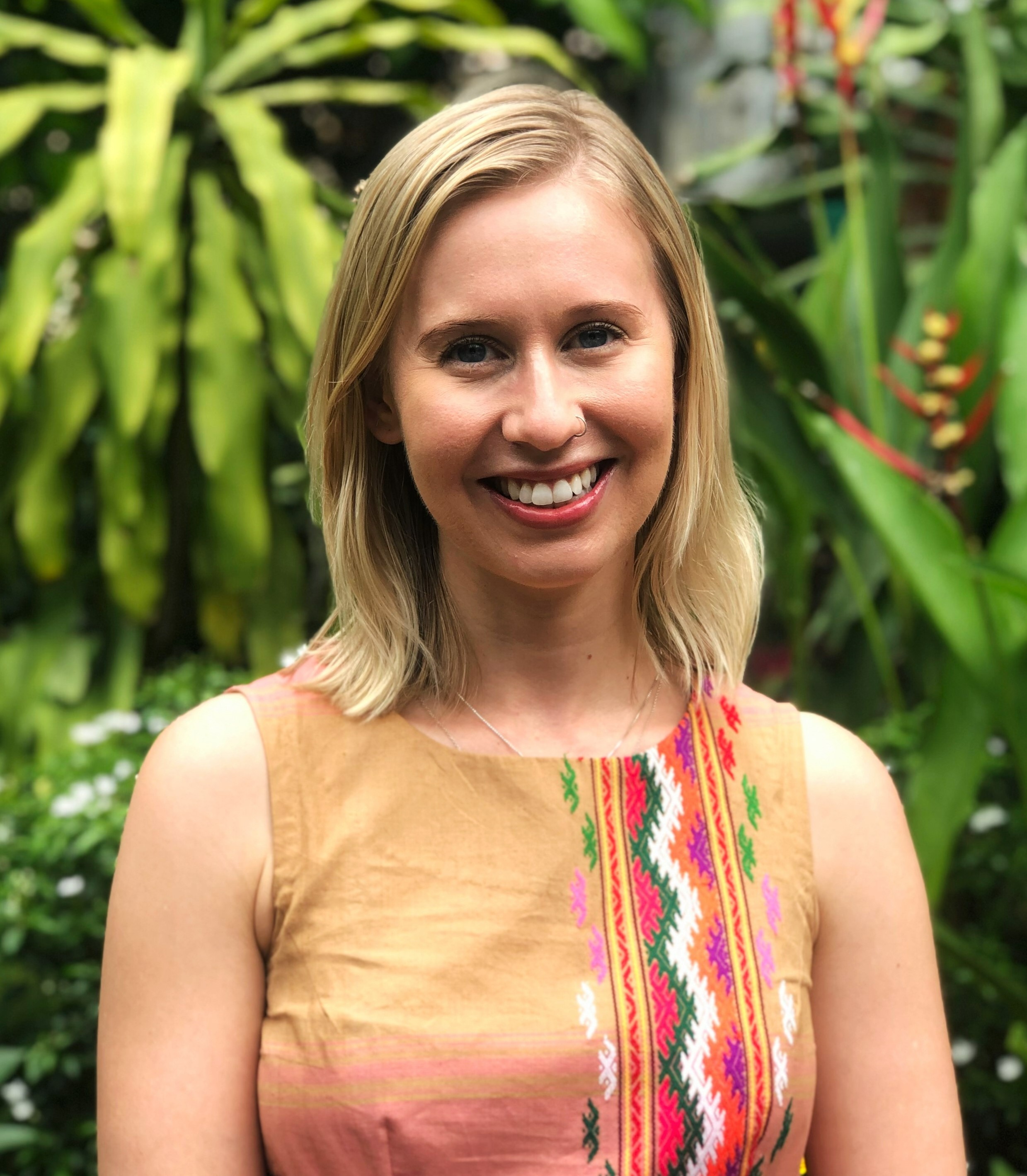From clicks to impact: Equipping Samoa’s CSOs for responsible online engagement

In partnership with SUNGO (Samoa Umbrella for Non-Governmental Organisations) and funded by the European Union, International IDEA hosted a one-day workshop in Apia, Samoa, in August 2025. Throughout the workshop, participants from a range of fourteen civil society groups discussed their experiences with social media, online risks, and using social media platforms to amplify their message and advocacy.
Opening with an activity aimed at distilling the differences between mis-, dis-, and mal-information, participants analysed several hypothetical scenarios before presenting to the group which classification they believed was most applicable.
Of particular interest was a scenario concerning a church elder who shared information about a public health issue. Identifying the need for cultural sensitivity and consideration, participants concluded that it was a case of misinformation – that is, false, but likely shared in good faith. Unlike disinformation – the sharing of intentionally incorrect information – misinformation in these kinds of contexts can be especially impactful due to the sincere belief the information being shared is true. The third, albeit less commonly discussion option, mal-information, was also discussed and understood as the dissemination of true information shared to harm or embarrass via the removal of other background or context.
Dividing into two groups in long line, attendees then participated in “The Rumour Chain” – an activity where the first person on each side received a whispered message, which they then reported to the next person, until the message made it to the end of the chain. Reporting back to the wider group, each representative found the message they received was significant different in detail from the initial team member. Discussants shared their reflections from their work at CSOs, including times messaging has been confused or muddied due to in-person or online miscommunication.
To pull the discussions and activities, the group then discussed methods for countering false information, including the formulation of response plans and the development of clear press releases.
Speaking after the workshop, Henrietta Faatepa Tupu Kanongataa from Samoa Worship Centre Youth said she was “so proud to be here today.”
“My key takeaway from today is reminding ourselves … to always get the facts, whether it is information that we are giving out or anything we ourselves read and share. Make sure that the information is not misleading and do our research to make sure. There are certain ways to make sure of the facts,” she said.
Similar sentiments were expressed by a representative from the Malieitulua village community organisation who added that the workshop had helped improve village-level understanding of how to use social media effectively.




